
2018 SPECIALTY PROJECT
BEST IN CLASS
Corn Mill Farm is a striking example of how the many features of ICF—energy efficiency, strength, ease of use, and design flexibility—can simplify even the most complex project.
This project, located in the country-side of West Yorkshire, England, involved converting a 300-year-old water-powered grain mill and outbuildings into a private residence.
Landmarks (UK) Ltd., a local building contractor, was selected for the renovation work, due to the company’s reputation for converting old stone barns into living spaces. Steve Bailey, chief executive for the company, says, “When first approached by the client to look over this potential renovation project, it became apparent that there were significant structural problems, as well as leakage from the mill pond, with water penetrating the entire 240-foot length and several sections at the point of collapse.”
Fortunately, Landmarks is also a ICF distributor, and it soon became apparent that this foam-and-concrete building method offered solutions that traditional masonry does not. Bailey says, “With our experience using the NUDURA ICF system, we were able to resolve all the major structural issues, and quite a few of the aesthetic ones as well.”
In the end, the job was about half renovation, and half demolish and rebuild. Work began with the barn and cowshed. The building needed to be rebuilt, but the central stone spine wall was required as a feature wall in the finished design. Working in stages so the building wasn’t left unsupported, the upper portion of the spine wall was dismantled to the point it became structurally sound, and capped with a cast-in-place concrete beam. Then, a six-inch core ICF wall was stacked, braced and poured in its place. The wall was resurfaced with the original salvaged stone for an invisible repair.
The barn was remodeled into four bedrooms. The cowshed was converted into a pool house with an ICF pool and jacuzzi. Bailey notes that there were “only 59 penetrations through the ICF walls for a multitude of pipes and lights.”
Because of the water concerns, all of
the ICF work was sealed to demanding British Waterproofing standard BS8102 2009, which required “water bars” (waterstops) at all cold joints. A self-healing crystalline waterproofing admixture (TT Admix) was added to the mix design at the batch plant and carefully placed and vibrated to ensure a leak-free, void-free wall.
Much of the main structural work had to be undertaken during the winter months. “Downtime could have cost us many hundreds of lost manhours,” he says. By using ICF the downtime normally experienced was reduced by over 50% and allowed the interior trades to progress.”
Work then moved to the old three-story mill itself, which would become the heart of the home. It also had serious structural issues, and the top two floors were carefully taken down. They cast a concrete “ring beam” onto the partially demolished external walls, and then added two additional stories using six-inch-core ICF. Reclaimed stone from the barn was used for cladding, so old and new blend seamlessly. The walls of the mill were insulated with “Retrofit Boards,”—basically a single ICF side panel attached to the interior face of the masonry—to improve thermal performance.
The small flooded basement was converted into a wine cellar. After pumping the area dry, a new waterproof floor slab was cast. A “one-sided ICF” was devised by fastening an eight-inch web directly to the stone wall, with a single foam sidewall on the other (inner) face. The cavity was then filled with TT-enhanced concrete, which insulated, strengthened, reinforced, and waterproofed the room in a single operation.
Finally, the mill owner’s cottage adjacent to the old mill needed to be incorporated into the house. The difficulty was that it was offset vertically by half a story. Back in the 1970s, the two buildings had been connected by a “clumsy, drafty stairway” with a multitude of landings to meet all five levels (three in the millhouse and two in the cottage). This was replaced with a stylish circular tower, fitted with a glass spiral staircase and landings to connect all levels. Like the house and the pool area, the circular tower was faced with reclaimed masonry so the new and the old blended together in harmony.
In total, the home used about 7,400 sq. ft. of ICF for the exterior walls, plus 1,250 sq. ft. interior and 1,000 sq. ft. of Retrofit panels to insulate and reinforce the old stone walls. About half of that total was used for the poolhouse, pools, and retaining walls.
The finished project has impressed everyone, including the judges at the 2018 ICF Builder Awards, where it earned “Best Specialty Application” earlier this year.
Both the client and the architect have become fans of ICF. Had it not been for NUDURA, the time scales would have been extended even further, the costs much higher, and solutions much bulkier,” Baily says. The client has already contracted with Landmarks for his next major project, and photos of the beautiful estate are being used in a national advertising campaign in Great Britain by the ICF manufacturer.
Bailey concludes, “New life has been restored to Corn Mill Farm. A once damp, cold, drafty and structurally unstable building of the past is now a safe, warm, cozy magnificent home, and will be for many generations in the future.”
Project Statistics
Location: Hawkesworth, West Yorkshire, England
Type: Residential
Size: 11,500 sq. ft. (floor)
ICF Use: 8,640 sq. ft.
Cost: $2.6 million
Total Construction: 78 weeks
ICF Installation Time: 80 days
Construction Team
Owner: Peter Hoban
General Contractor: Landmarks (UK) Ltd.
ICF Installer + Form Distributor: Landmarks (UK) Ltd.
Architect: Studio Map
ICF System: NUDURA
Fast Facts
Renovation for 300-year-old water-powered mill site
Extensive demolition and rebuilding with reclaimed stone
ICF enabled continuous construction through winter
Numerous waterproofing challenges
Like what you read?
Yearly Subscriptions Starting @ $30

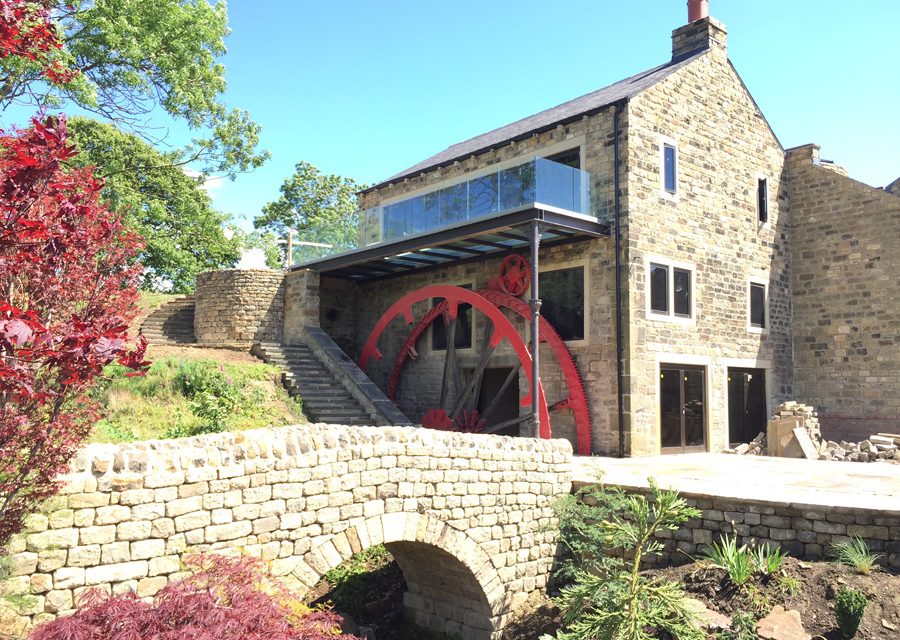
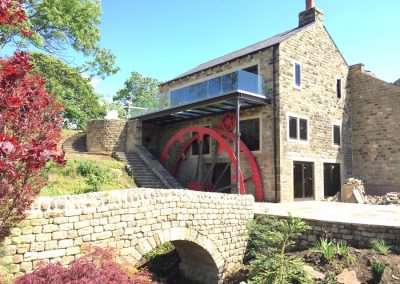
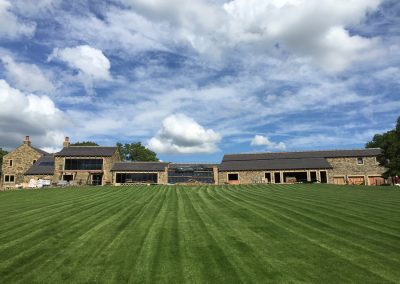
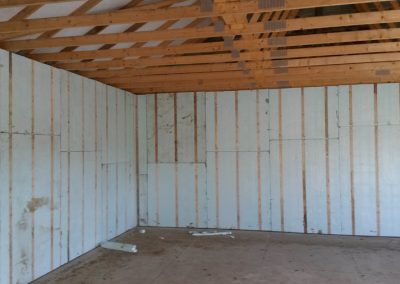
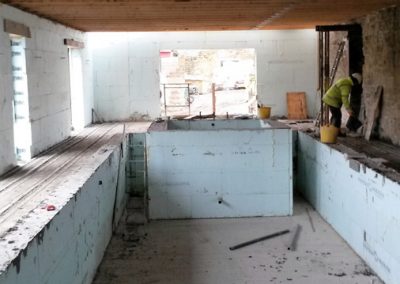
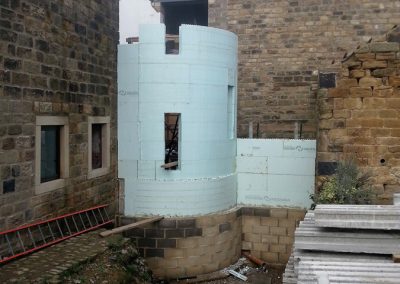
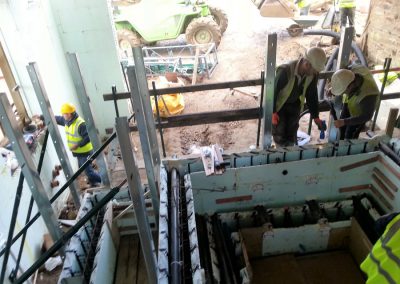
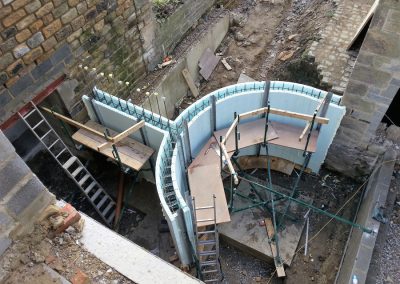
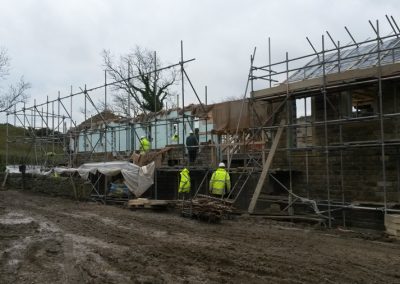
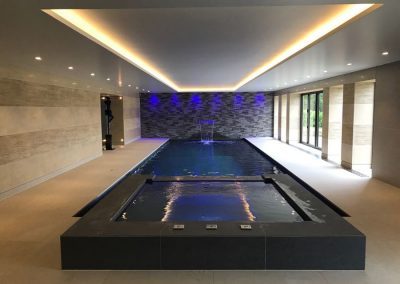
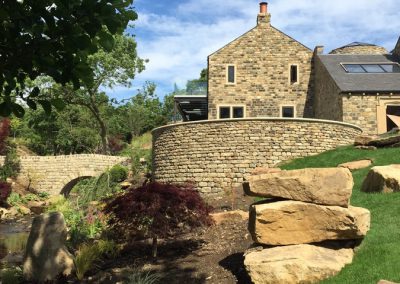
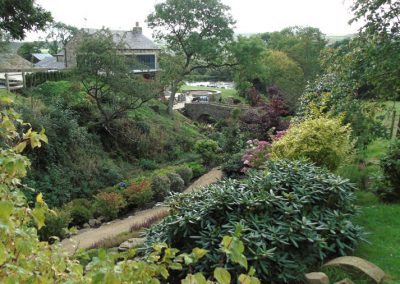
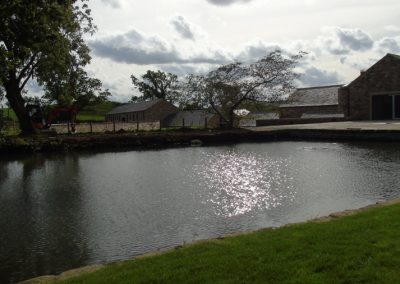
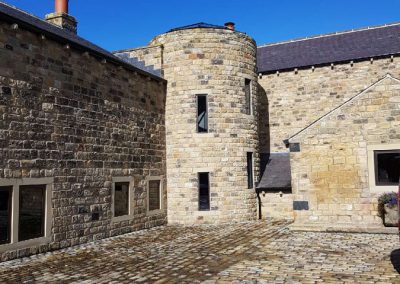
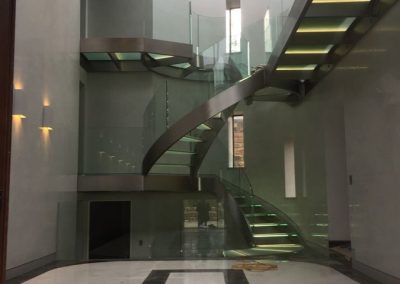

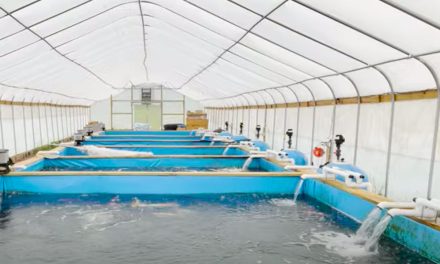
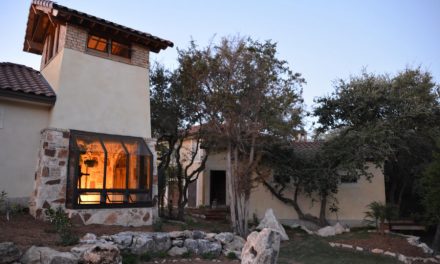

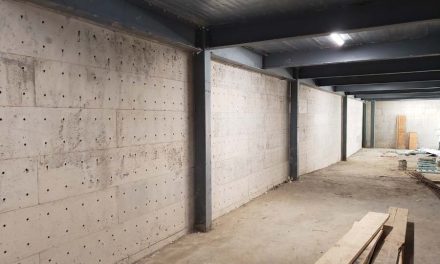







0 Comments